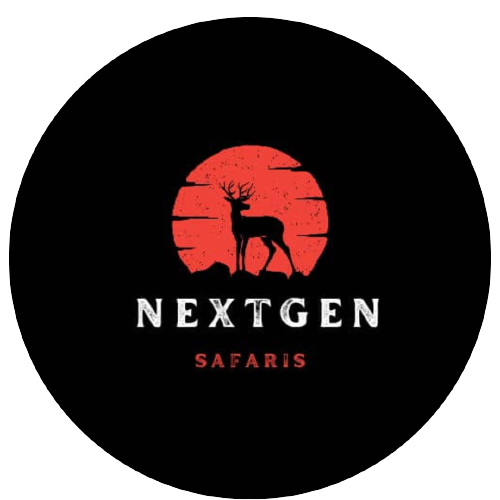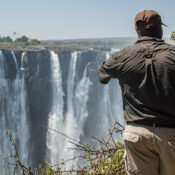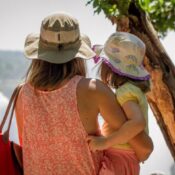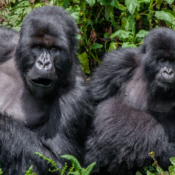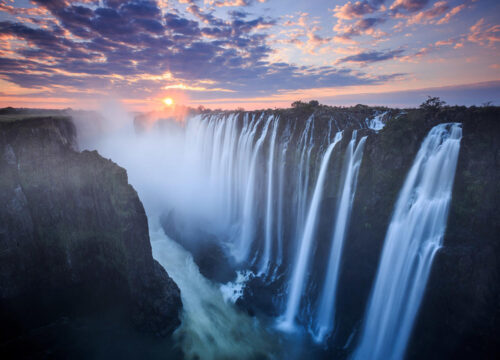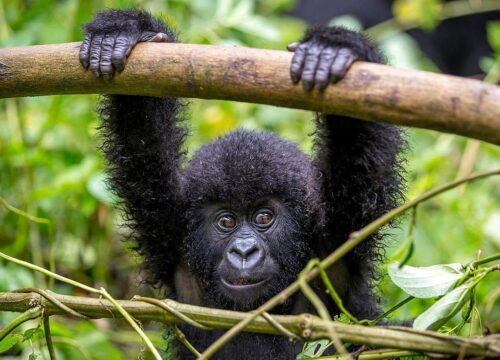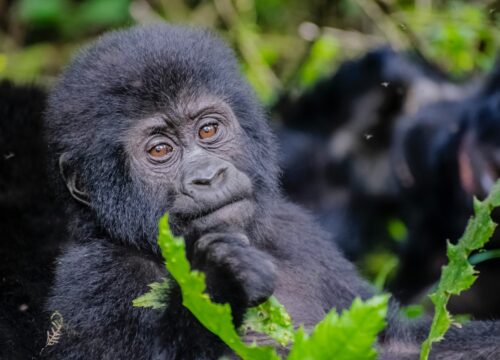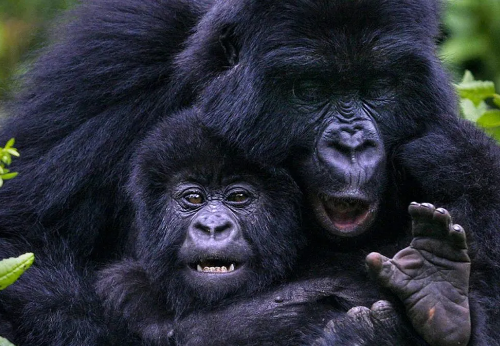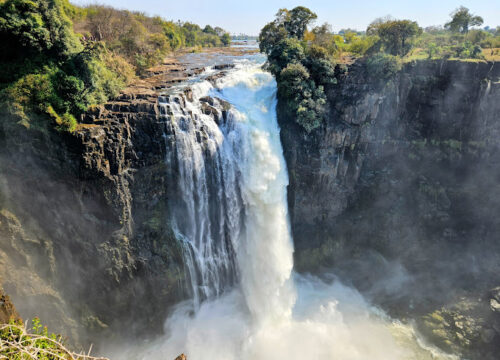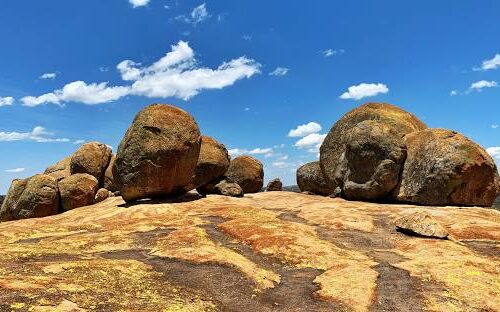What to see on a safari in Kenya

What to expect on a safari in Kenya
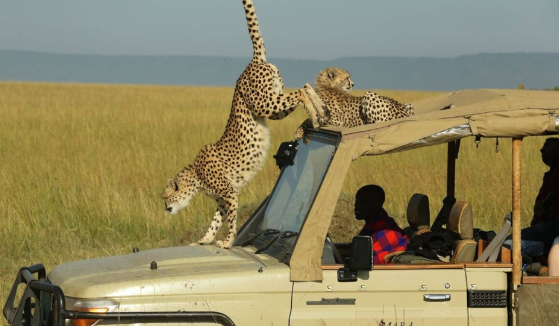
What to see on a safari in Kenya, a safari in Kenya is an incredible and memorable experience that offers the opportunity to see some of the world’s most iconic wildlife in their natural habitat. Kenya is known for its diverse landscapes, abundant wildlife, and rich cultural heritage.
Here’s what you can expect on a safari in Kenya:
Wildlife Viewing:
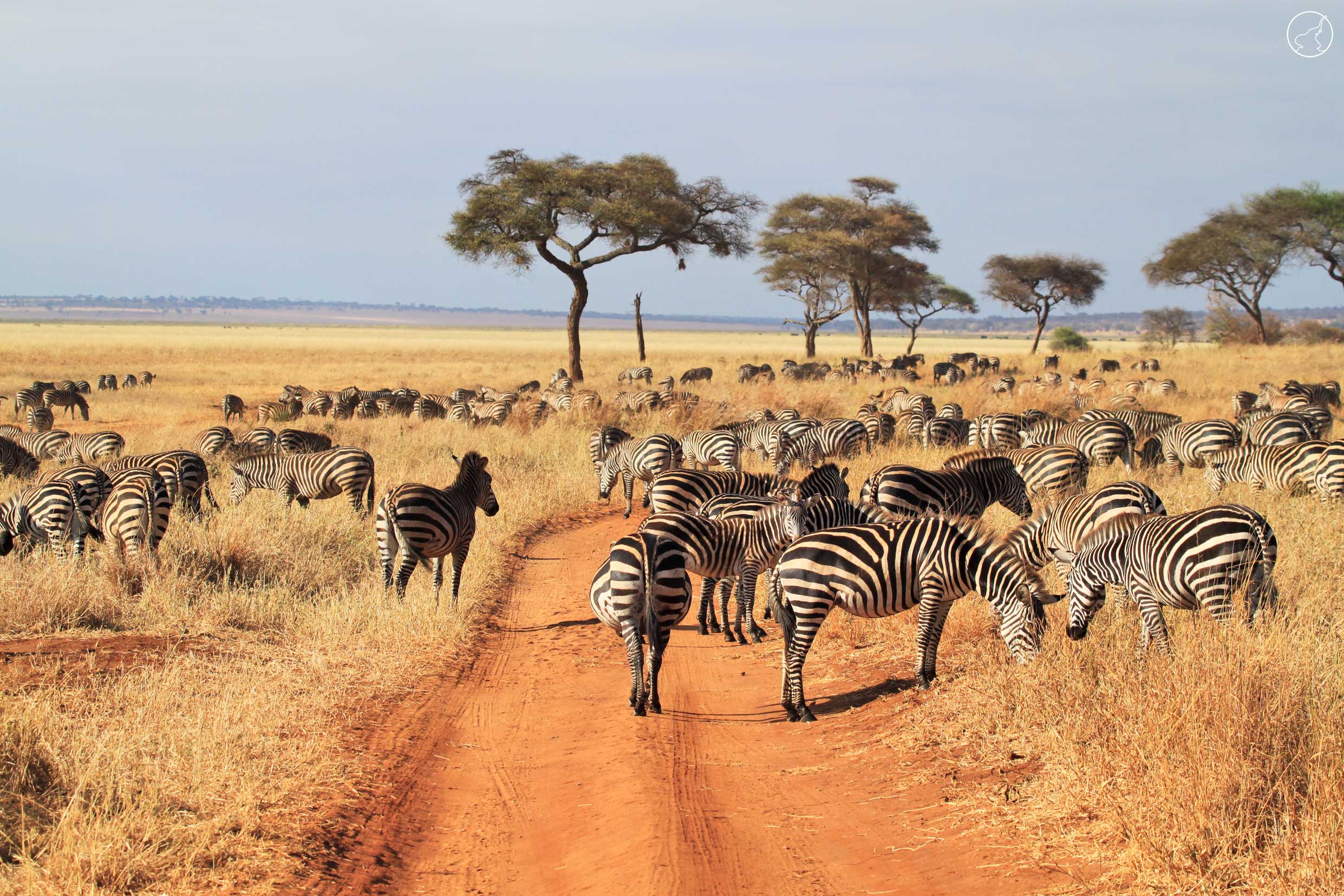
Kenya is famous for its “Big Five” game animals, which include lions, elephants, buffalos, leopards, and rhinoceros. You can also see a wide variety of other animals, including giraffes, zebras, cheetahs, hyenas, wildebeests, and various species of antelope. Kenya’s national parks and reserves, such as Maasai Mara, Amboseli, Tsavo, and Samburu, are excellent places for wildlife viewing.
Beautiful Landscapes: Kenya boasts diverse landscapes, from savannahs and grasslands to mountains, forests, and lakes. You’ll have the chance to witness the stunning beauty of the Great Rift Valley, Mount Kenya, and various lakes, including Lake Nakuru and Lake Naivasha.
Birdwatching: Kenya is a birdwatcher’s paradise, with over 1,000 bird species, including flamingos at Lake Nakuru and Lake Bogoria. Bird enthusiasts will be delighted by the opportunity to spot a wide range of colourful and unique species.
Guided Safaris: Most safaris in Kenya are conducted by experienced guides who are knowledgeable about the local wildlife and ecosystems. These guides will lead you on game drives and help you spot animals while sharing interesting facts about the animals and the environment.
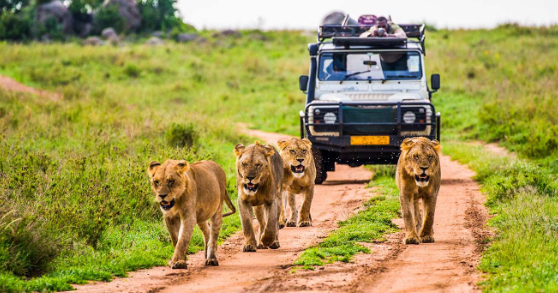
Game Drives: Game drives are the core of a Kenyan safari experience. You’ll go on open-top vehicles, either early in the morning or in the late afternoon when animals are most active. Game drives allow you to get up close to wildlife and capture stunning photographs.
Hot Air Balloon Safaris: Some areas in Kenya, like the Maasai Mara, offer hot air balloon safaris, providing a unique perspective on wildlife and landscapes from above.
Cultural Experiences: In addition to wildlife, Kenya is rich in cultural diversity. You may have the opportunity to visit local Maasai or Samburu villages to learn about traditional lifestyles, dances, and crafts.
Accommodation Options: Kenya offers a wide range of accommodations, from luxury lodges and tented camps to more budget-friendly options. Staying in a tented camp can provide a more immersive experience as you’ll be closer to nature.
Night Safaris: Some reserves offer night safaris, allowing you to see nocturnal animals like leopards, hyenas, and smaller mammals.
Conservation Efforts: Many safaris in Kenya support conservation efforts to protect wildlife and their habitats. You can learn about these initiatives and how they are helping to preserve the country’s natural treasures.
Responsible Tourism: Practicing responsible and ethical tourism is essential to minimize the impact on the environment and wildlife. Follow the guidelines provided by your tour operator or guide, such as keeping a safe distance from animals and not littering.
Remember that the best time for a safari in Kenya may vary depending on the region and your specific interests. Inquire our office about the specific areas and time of year that align with your preferences for wildlife viewing, landscapes, and climate. Enjoy your safari adventure and the unique experiences Kenya has to offer with Nextgen safaris!
Visiting Kenya for a Safari
Visiting Kenya for a safari is an exciting and rewarding adventure. To ensure you have a safe and enjoyable experience, here are the important steps to consider:
Plan Ahead:
- Research the best time to visit Kenya for wildlife sightings. Timing can vary based on the specific animals and regions you want to see.
- Determine the duration of your safari and let us create an itinerary that includes the national parks and reserves you want to visit.
- Book your safari through Nextgen safaris. We can help arrange accommodations, transportation, and guides.
- Ensure your passport is valid for at least six months beyond your planned departure date and that you obtain any necessary visas or permits for Kenya.
Health Precautions:
- Consult Nextgen safaris for vaccinations and medications needed for your trip. Malaria is a concern in many parts of Kenya, so be aware of antimalarial prophylactics.
- Carry a basic medical kit with essential supplies and prescription medications.
Packing Essentials:
- Lightweight, neutral-colored clothing is ideal for safari. Avoid bright colors that may startle wildlife.
- Comfortable, closed-toe shoes or hiking boots for walking safaris.
- A wide-brimmed hat, sunglasses, and sunscreen to protect against the sun.
- Binoculars and a good-quality camera with spare batteries and memory cards for capturing wildlife and landscapes.
- A backpack for day trips, including essentials like water, snacks, and insect repellent.
- Travel adapters for charging your devices as the plug types may differ from what you’re used to.
Safari Etiquette:
- Follow the guidance of your safari guide. We are experts on local wildlife and safety.
- Keep a safe distance from animals, especially predators. Do not provoke or feed them.
- Stay quiet during wildlife encounters to avoid scaring or disturbing the animals.
- Respect the environment by not littering and following “Leave No Trace” principles.
Accommodations:
- Choose accommodations that suit your preferences, whether it’s luxury lodges, tented camps, or more budget-friendly options.
- Make reservations well in advance, especially during peak safari seasons by paying the booking.
Currency and Finances:
- Kenya’s currency is the Kenyan Shilling (KES). Credit cards are widely accepted in major tourist areas, but it’s advisable to carry some cash for small purchases and tips.
- ATMs are available in larger towns and cities, so you can withdraw local currency as needed.
Safety and Security:
- Follow the advice of our tour guide regarding safety, especially in areas with wildlife.
- Be cautious when walking around towns and cities and avoid displaying valuable items.
Cultural Sensitivity:
- Be respectful of the local culture and traditions, especially when visiting villages or interacting with indigenous communities.
Responsible Tourism:
- Support Nextgen Safaris because we prioritize responsible and sustainable tourism, contributing to conservation efforts and local communities.
A safari in Kenya offers the opportunity to witness incredible wildlife and landscapes while immersing yourself in a rich and diverse culture. Proper planning and a commitment to responsible tourism will ensure a memorable and positive experience.
Read about
10 Things you Should NOT DO on an African Safari.
What to expect on a safari in Uganda.
Bwindi Impenetrable National Park
How to Choose the Best Tour Operate for Your Safari in Africa
What To Pack For An African Safari
Some of our African Safaris
1 Day Jinja Ultimate tour Experience
1 Day White Water Rafting in Jinja
3 Days Bwindi Gorilla Habituation via Rwanda
3 Day Birding Safaris and Photography in Uganda
3 Day Safari to Queen Elizabeth National Park
3 Day fly in Gorilla Trekking Safari from Masai Mara
3 Day Grand Gorilla Trekking Safari
4 Day Chimpanzee and Gorilla Trekking Safari
4 Day Murchison Falls and Jinja tour
3-day Masai Mara Budget Safari
Recent Posts
Victoria Falls Private Tours
One-Way Trip from the UK to Victoria Falls
One-Way Trip from the UK to Uganda
Tours for Groups and Families at Victoria Falls
Quick booking process
+256781282344
+256755922154
